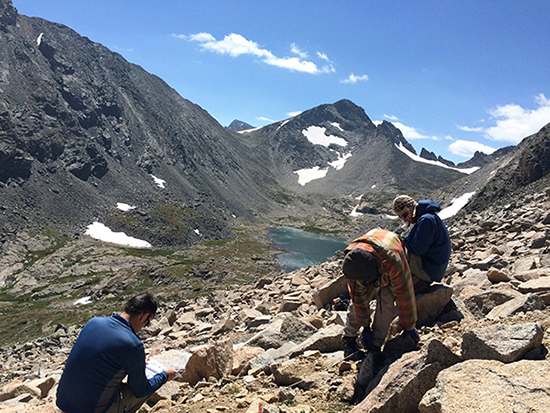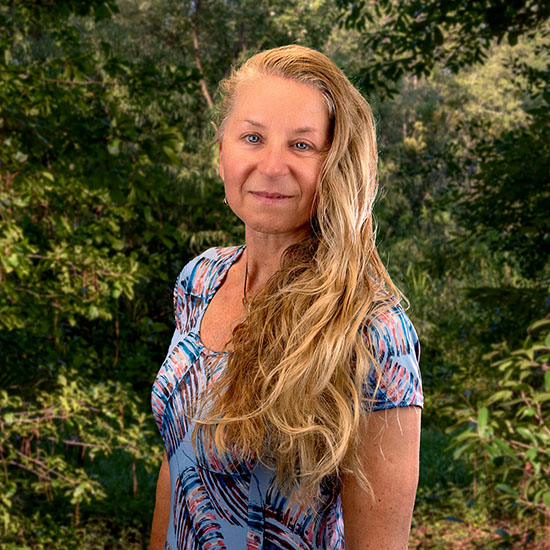Dr. Dorota Porazinska
Assistant Professor
Nematode Ecology and Soil Microbiomes
As a soil ecologist, Dr. Porazinska is interested in patterns of soil biodiversity, plant-soil biotic interactions, and linkages between biodiversity and ecosystem functioning (e.g., carbon and nitrogen cycling, plant productivity, and soil fertility) under different scenarios of environmental change (e.g., climate change, plant invasions, or agricultural management). In addition, her interests extend into areas of classical ecology (e.g., biogeography and community assembly) or molecular diagnostics for biosecurity settings. Her primary pet organism is (no doubt) the Almighty Nematode, but because nematodes are only part of the soil system, plants and soil microbes are not far behind. She relies on classical and modern molecular tools and technologies.
-
Research
The most recent projects are focused on testing the theory of community assembly and address the role of both deterministic (e.g., biogeochemical soil properties, diversity of plants and soil microbes, and traits of species) as well as stochastic (e.g., species pool size and history of species arrival) factors. To test these factors, we conduct observational and experimental studies across environmental gradients in high alpine and polar ecosystems. For example, at the alpine site at the Niwot Ridge of the Colorado Rocky Mountains, we use a natural gradient of plant community complexity (from bare to vegetated soils) to examine how nematode communities assemble and how they affect C and N sequestration. In Antarctica, we use microbial communities of cryoconite holes of the Dry Valleys’ Glaciers to examine how these communities form and function in relation to the characteristics of the Dry Valleys’ landscape. In all studies, we rely on DNA metagenomic sequencing for community analyses and incorporate a variety of biogeochemical measures.

Climate-warming driven changes in snow cover at the Niwot Ridge lead to progressive migration of plants into talus soils creating a gradient of terrestrial environments ranging from bare ground to increasingly vegetated. We use this gradient to study early successional assembly of soil communities. Photo taken August 20, 2015.
-
Teaching
Nematode Morphology, Anatomy, and Physiology
Nematode Taxonomy
Nematode Ecology

Contact
Steinmetz Hall
1881 Natural Area Dr
Gainesville, FL 32611
(352) 273-2936
dorotalp@ufl.edu
- WORMS ET AL. Website:
-
Education
- Ph.D. University of Florida, Entomology and Nematology Department, Gainesville, FL. 1998
- M.S. University of Georgia, Institute of Ecology, Athens, GA. 1994
- M.S./B.S. University of Nicolaus Copernicus, Biology and Earth Sciences, Torun, Poland. 1991
-
Recent Honors and Awards
- Science Ambassador, Science Discovery, University of Colorado, 2015
- Keynote Speaker, Mexican Congress of Phytopathology/American Society of Phytopathology, Mexico City, Mexico
- Distinguished Visiting Scientist Fellowship, CSIRO, Canberra, Australia, 2012
- STAMPS Fellowship, Marine Biological Laboratory, Woods Hole, MA, 2011
- Reviewer: Axios Reviews, Biology and Fertility of Soils, Biotropica, Ecosystems, Journal of Nematology, Molecular Ecology/Resources, Phytopathology, Soil and Plant, Soil Biology and Biochemistry, Zootaxa, National Science Foundation
- Member of the Society of Nematologists and the Ecological Society of America
- Google Scholar Publications
- CV

